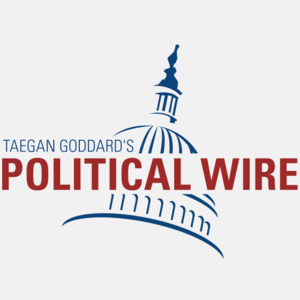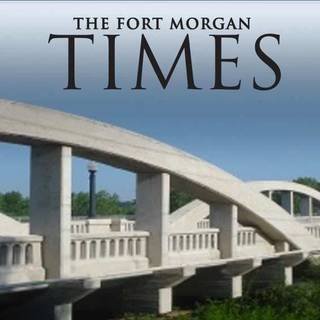- President Donald Trump is considering recognizing Crimea as Russian territory to end the war in Ukraine, sparking opposition from Ukraine and European allies. Trump’s administration is exploring urging the U.N. to adopt similar stance, aligning with Putin’s position.
- Trump and Putin have scheduled a call to discuss negotiations, including “dividing up assets” between Ukraine and Russia.
- Ukraine agreed to 30-day ceasefire, but Russia insists on security guarantees, including preventing Ukraine’s potential NATO membership.
Full Story
President Donald Trump is considering recognizing Crimea as Russian territory as part of a broader strategy to end the war in Ukraine, according to sources familiar with the discussions. The administration has also explored urging the United Nations to adopt a similar stance, aligning with Russian President Vladimir Putin’s long-standing position.
What role does Crimea play in negotiations?
Crimea has been under Russian control since Moscow’s 2014 invasion and annexation, which the U.S. and most of the international community have never recognized. Any formal U.S. acknowledgment of Russian sovereignty over Crimea would mark a significant shift in American policy and likely provoke strong opposition from Ukraine and its European allies.
Trump is set to speak with Putin on Tuesday, March 18, with negotiations reportedly including discussions on “dividing up certain assets” between Ukraine and Russia. While the White House has not confirmed specifics, National Security Council spokesman Brian Hughes stated that the administration has made “no commitments” and emphasized the goal remains to “stop the killing and finding a peaceful resolution.”
How is Ukraine responding?
Ukrainian President Volodymyr Zelenskyy consistently opposed territorial concessions, arguing that such moves would embolden Russian aggression. Ukrainian forces continued fighting in the Kursk region, where Russia has gained ground, forcing Kyiv’s troops to retreat from key positions.
Despite battlefield losses, Ukraine agreed to a 30-day ceasefire proposed by the U.S. and its allies. However, Russia has yet to commit, insisting on conditions including security guarantees that would prevent Ukraine from joining NATO.
What are the global concerns?
European leaders worry that Trump’s negotiations could pressure Ukraine into an agreement that benefits Russia while undermining Ukraine’s sovereignty and security. Lithuanian Foreign Minister Kęstutis Budrys warned that Putin may use negotiations to buy time rather than seek genuine peace.
Concerns also extend beyond military control. Discussions reportedly include the future of Ukraine’s infrastructure, including energy facilities such as the Russian-occupied Zaporizhzhia nuclear power plant. Economic measures are also in play. Putin recently allowed some Western investors to sell Russian securities in a move seen as a potential concession to international markets.
What’s next?
While some in Washington view Trump’s push for diplomacy as a necessary step toward ending the conflict, critics argue that recognizing Crimea as Russian territory could set a dangerous precedent for future international disputes.































































